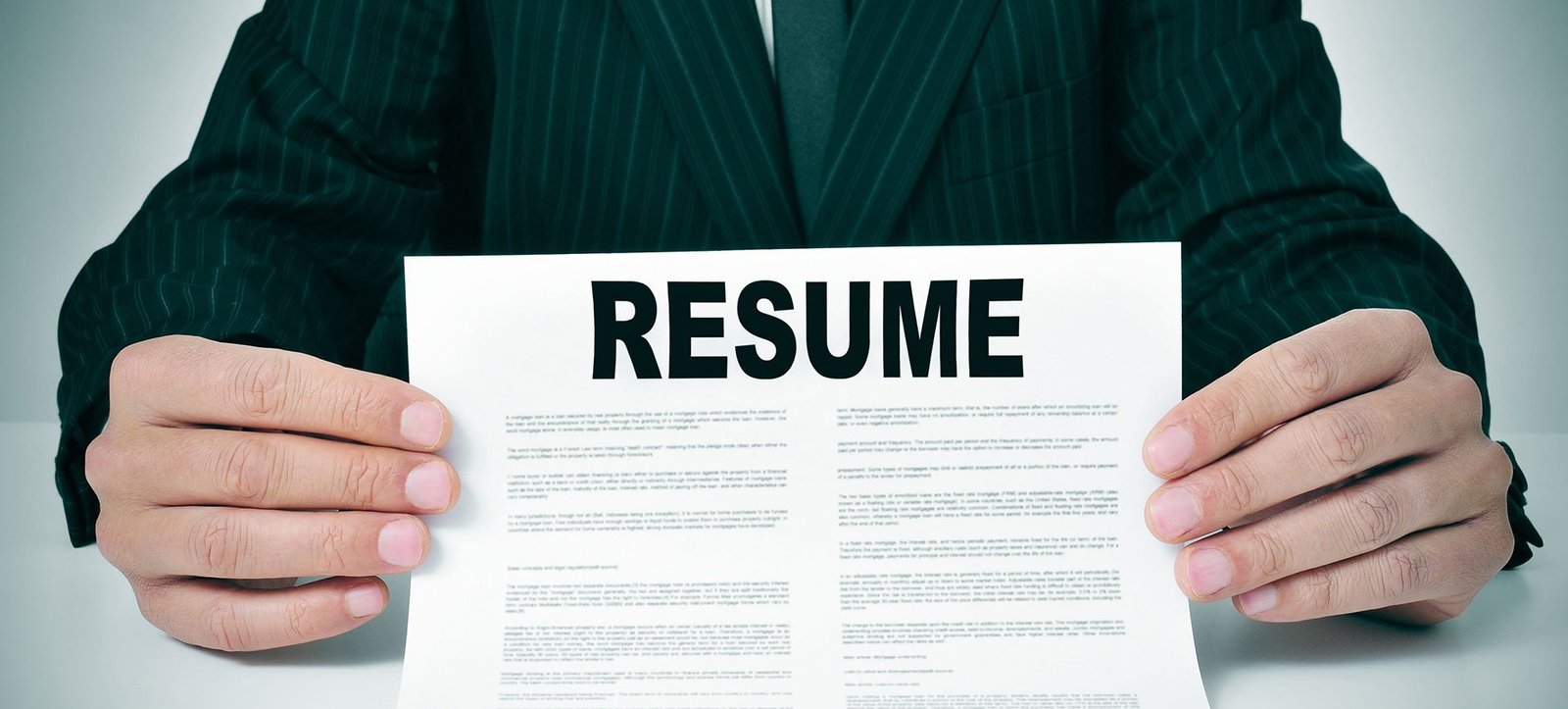What Not to Say in an Interview
It’s totally normal to get nervous before an interview. You never know what’s going to happen, what you’re going to be asked or how to prep for it. Worse case scenario, your nerves get the best of you even though you know you’re fit for the job.
So, let me help you secure that opportunity by putting your best foot forward and understanding these 9 mistakes you should never make in an interview:
1. Anything Unprofessional

I mean, that’s a no brainer, right?
Wrong.
Common sense isn’t common practice and for that exact reason, let’s just get this one straight out the way.
Once, I had someone ask me where I get my hair styled from and what color I dye it, while I was interviewing them. Another time, a candidate applied for an administrative role and kept on talking about how much she loves public speaking and how she wants to become a public speaker.
It’s important to keep focus for why you’re here because it’s a reflection on your character and a foreshadowing of how you can hold and carry yourself in the workplace and how productive of an employee you can be.
Keep to the point and remind yourself of all the great qualities you possess that would make you a perfect fit for this job! You have to present your best foot forward, show them what you’re made of and why they would hire you. One of the ways in which you can stay being professional, is to prepare so you can be more confident.
Keep from saying things like, ‘Sorry, I need to take this call‘, ‘Sorry I’m late!‘ (DON’T BE LATE) and ‘How long will this take?‘
I’ll answer those questions for you so we can get them out the way now.
Firstly, using your phone in the middle of an interview is highly unprofessional and there are a shockingly large number of candidates who actually think its OK to use their phones.
Secondly, it doesn’t matter if a half an hour interview turns into a one and a half-hour interview. Sometimes, if it’s running longer, it’s usually a good sign.
Lastly, just don’t be late. The ideal is 15 minutes before your interview time is scheduled for.
2. Asking What the Company Does

When people ask me this question, it’s a no for me, straight off the bat.
It shows that you didn’t put in any time or interest before coming in to find out what the company you could be working for does. Neither does it show the interviewer that you’re prepared or if you even care about this opportunity at all.
Make sure to research the company that you would potentially like to work at before you head over to the interview. Nowadays, we have social media and almost every company has a website, the resources are at your fingertips – it just takes a couple of seconds to pull the information up on your screen.
Otherwise, other than it reflecting on your lack of initiative, it just wastes the interviewer’s time. No one wants to sit there repeating themselves about the company for each and every candidate.
Do yourself a favor, and do your research!
3. “It’s On My Resume”

The interviewer is aware of that it’s on your resume. They’ve seen your resume.
Always be prepared to say something more beyond just a written word because your communication and social skills are most likely going to be evaluated to see whether or not you could be face-to-face with a client or not.
Usually when they ask you questions on things that are already on your resume, they’re trying to see your articulation skills or to go into more detail about that specific role/experience.
So, next time, instead of answering a question with an ‘I don’t know’, seize this moment to talk about yourself and express what a great communicator you could be and show how well-spoken you really are!
4. Don’t Jump the Gun

When you express questions related to what’s in it for you, this can give the impression that you’re not really passionate about getting the job that can look really unappealing and arrogant. The interviewers want to know what you bring to the table. Talking about your demands too early on can be highly damaging to your chances of even getting your foot in the door.
Some questions that can throw interviewers off are, ‘So what’s my salary?’ or ‘What kind of benefits will I get?’ – that all just makes sound like you’re only there to take rather than give. Any job-role is a two-way street and in order for you to be able to considered for a position, avoid coming across as self-serving.
This might also show the interviewer that you’re in it for the wrong reasons – and they steer clear of employees who show any of those signs.
Now, no one’s saying that you don’t have a right to ask all of these questions, but there’s a time for it. Wait till you get a second interview or job offer to discuss these topics.
5. “I Don’t Know”

Points for being honest but it’s the wrong direction.
It’s always good to be transparent with an interviewer and show a bit of character while holding a professional stance, but just replying to a question with an ‘I don’t know’, just may give off the impression that you’re incompetent and think on your feet.
Trust me, sometimes, interviewers are going to throw questions your way that they know are difficult just to challenge you.
If you really don’t know how to answer the question, the way you present yourself on how you tackle that situation give off a good impression that you have potential to be practical in real-life situations that may require you to think fast.
So, instead of saying, ‘I don’t know’, you could say something like ‘you know what, that’s a great question, let me think about that!’
6. Anything Negative About Your Old Company or Boss

This is a big no-go-zone for a lot of reasons.
Firstly, it’s going to reflect badly upon you – not anyone else. If someone you just met comes up to you and starts telling you all their life problems, you’re not going to feel bad for them, you’re going to be so put off to the point where you’re going to see them in a bad light, even if what they’re saying is true.
If anything, it sounds like you’re complaining and trying to get pity.
Are you going to say negative things about this company if they hire you?
Are you going to say negative things about your new boss?
All these things matter and speak highly on your character. Not only that, but it might even make them think that maybe you’re the one with the issue and not the other way around. No one wants to hire a troublemaker. Besides, even if that is the case and your old company or boss was horrible to you, you should still have discretion towards them if ever brought up in topic.
Ultimately,
There’s not hard and set rule on how to prepare for an interview, but preparation is key. Get to know the job that you’re applying for beyond just reading it and frame your responses according to that.
Secondly, get to know the company you’ll be working for as well as you can and build a strong foundation on everything you should know.
Check out their social media to get a better vibe of who they are and what they do. Lastly, sell yourself! This is the best chance to talk about all your strengths and what makes you special for their company and always have a list of questions that you would like to ask them.
Read my other recent article on how to ace a job interview here.


















